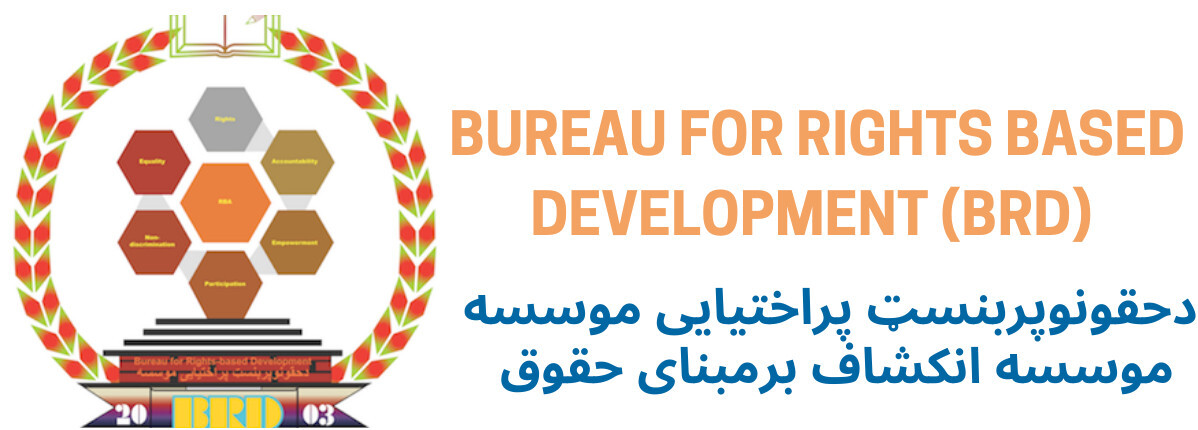Environment and Climate Change Adaptation Program
Afghanistan Context
Overall Context And Key Challenges
Afghanistan is experiencing a severe environmental crisis, compounded by decades of conflict, poverty, and weak governance. The country’s natural ecosystems are under immense pressure due to unsustainable practices and the growing impacts of climate change. Key environmental concerns include:
– Rapid degradation of natural resources such as forests, water bodies, and grazing lands
– Increasing frequency and intensity of climate-related disasters like droughts, floods, and landslides
– Urban pollution and poor waste management, especially in major cities like Kabul
– High vulnerability of rural populations dependent on agriculture and livestock
Resource Depletion
– Overgrazing, deforestation, and uncontrolled water extraction are depleting Afghanistan’s natural resources
– Soil erosion and desertification are reducing agricultural productivity
Urban Environmental Crisis
– Cities face severe air and water pollution, poor sanitation, and inadequate waste disposal systems
– Kabul alone generates massive plastic waste daily, much of which ends up in rivers, harming aquatic life
Climate Vulnerability
– Afghanistan is highly exposed to climate shocks, including prolonged droughts and flash floods
– Rain-fed agriculture and livestock herding are particularly at risk, affecting millions of livelihoods
Public Health Impacts
– Environmental degradation contributes to malnutrition, respiratory illnesses, and waterborne diseases
– Lack of clean water and sanitation exacerbates health risks, especially in urban slums
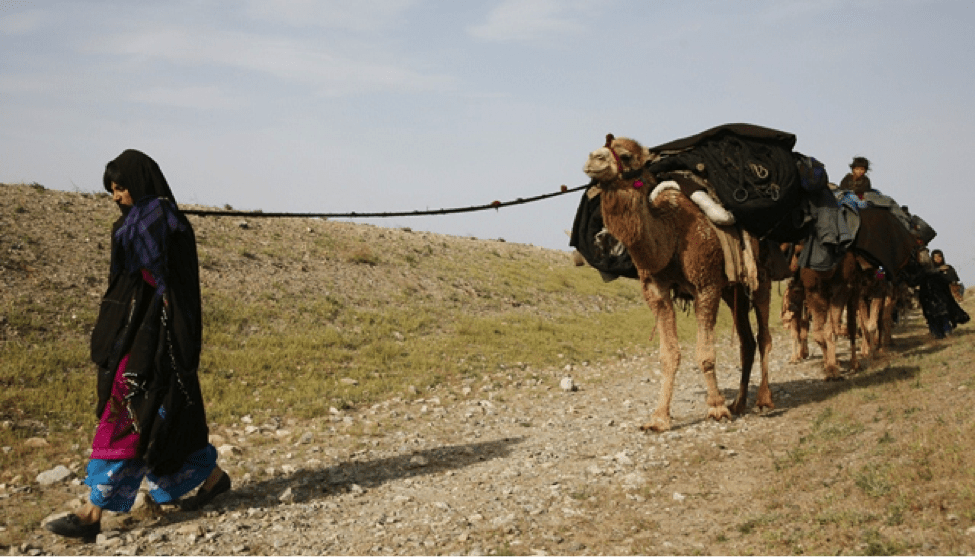
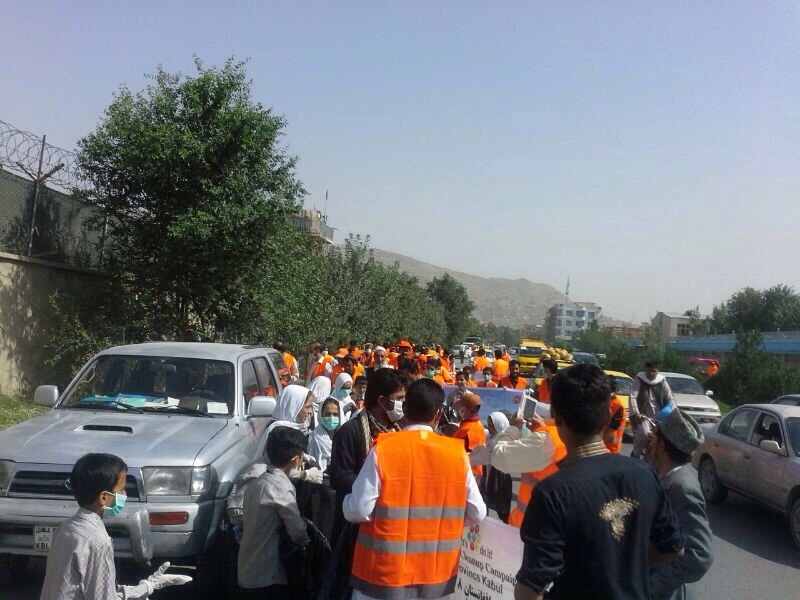
Critical Needs and Strategic Priorities
Climate change is exacerbating existing vulnerabilities, threatening food security, water availability, public health, and economic stability.
Short-Term Needs
– Awareness and Education Campaigns: Inform communities about the risks of pollution and climate change
– Community Engagement: Organize cleanup drives and promote responsible waste disposal
– Emergency Response: Strengthen disaster preparedness and response mechanisms
Long-Term Solutions
– Sustainable Waste Management: Develop infrastructure for recycling and waste reduction
– Policy Reform and Advocacy:
– Ban single-use plastics and regulate imports
– Enforce environmental protection laws
– Climate-Resilient Livelihoods:
– Promote drought-resistant crops and sustainable farming practices
– Support alternative income sources for vulnerable populations
BRD Response Strategy and Key Interventions
BRD Response Strategy and Key Initiatives are fully aligned with the environmental and climate change needs and priorities in Afghanistan. Bellow we highlights strategic areas of intervention and their relevance to national environmental challenges.
Climate Change Preparedness and Adaptability
BRD Initiatives:
– Training local communities and district officials in water management and watershed strategies.
– Public awareness campaigns on climate change impacts and adaptation strategies.
Alignment with National Needs:
– Addresses the vulnerability of agriculture-dependent communities to climate-induced disasters.
– Supports sustainable water resource management, a critical need due to over-extraction and drought.
– Enhances community resilience and reduces inter-community conflict over water.
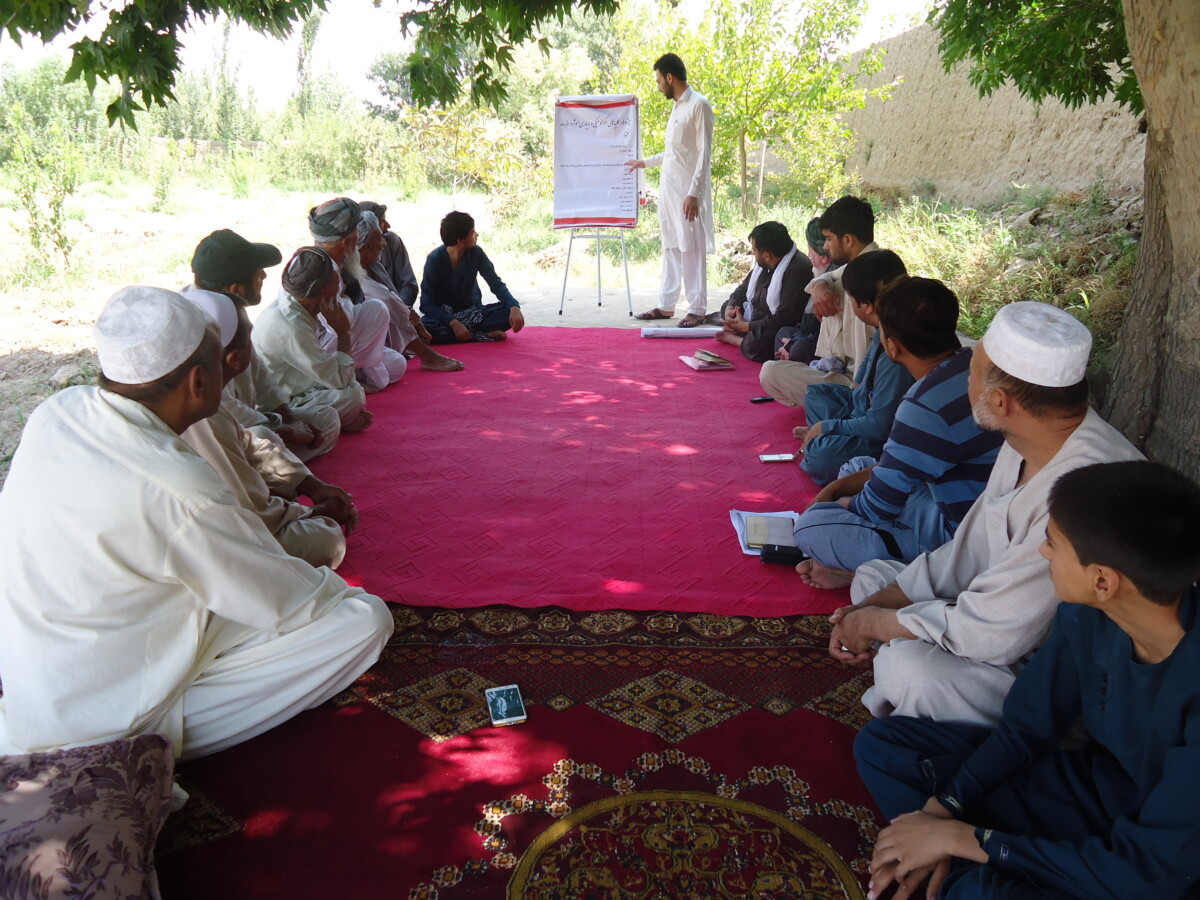
Policy Advocacy
BRD Initiatives:
– Participation in the “Let’s Do It World” movement and implementation of the “Keep It Clean Plan.”
– Youth engagement in anti-waste campaigns.
– Monitoring and advocating for government and business accountability.
– Researching international best practices for waste management.
Alignment with National Needs:
– Supports long-term policy reform and enforcement, especially around banning single-use plastics and improving waste regulation.
– Encourages civic responsibility and youth leadership in environmental protection.
– Promotes evidence-based policy through international benchmarking.

World Cleanup Day Campaigns
BRD Initiatives:
– Annual nationwide cleanup campaigns involving thousands of volunteers.
– Mobilization of stakeholders and communities across multiple provinces.
Alignment with National Needs:
– Tackles urban waste and pollution, especially plastic waste, which is a major environmental and health hazard.
– Builds public awareness and community engagement—key short-term actions for behavior change.
– Demonstrates scalable models for civic-led environmental action.
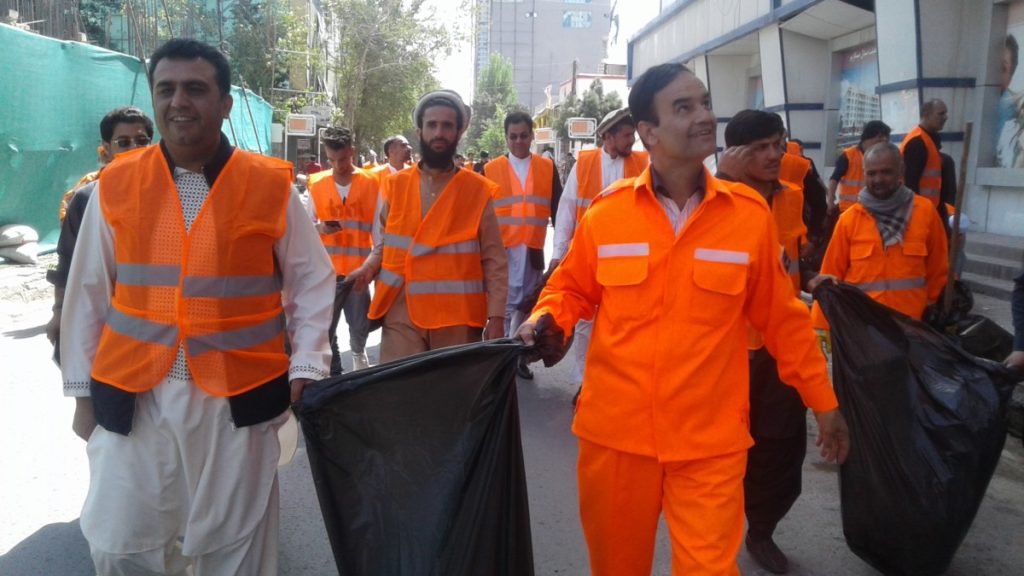
Enhancing Early Warning Systems and Disaster Preparedness
BRD Initiatives:
– Collaboration with local authorities to develop and disseminate early warning information.
– Community-based disaster preparedness training and planning.
Alignment with National Needs:
– Reduces loss of life and property during climate-induced disasters.
– Builds resilience and preparedness at the community level.
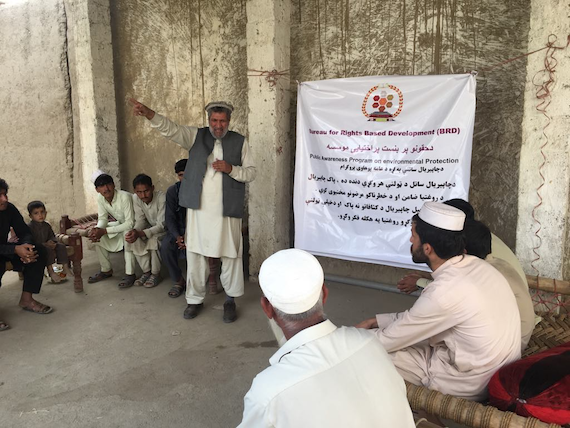
Promoting Climate-Resilient Agriculture
BRD Initiatives:
– Support for farmers in adopting drought-resistant crops and sustainable farming techniques.
– Training programs on soil conservation, water-efficient irrigation, and agroforestry.
Alignment with National Needs:
– Enhances food security and reduces vulnerability to climate shocks.
– Supports long-term adaptation strategies for agriculture-dependent communities.
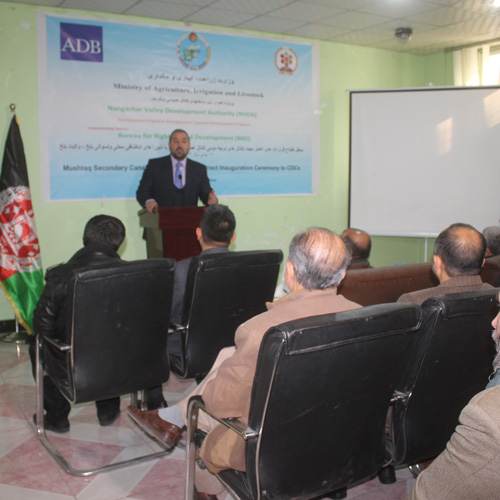
Capacity Building for Civic Action
BRD Initiatives:
– Training and mobilization of national and provincial teams for environmental action.
– Engagement of civil society, government, private sector, media, and religious leaders.
Alignment with National Needs:
– Strengthens institutional and community capacity to manage environmental challenges.
– Encourages multi-stakeholder collaboration, essential for sustainable environmental governance.
– Supports long-term education and awareness, aligning with the need for continuous environmental education.

Building a Resilient and Sustainable Afghanistan
Afghanistan stands at a critical crossroads. The escalating impacts of climate change, environmental degradation, and poor waste management threaten the health, livelihoods, and future of millions. But there is hope—and it begins with action.
BRD is committed to empowering communities, advocating for policy change, and building resilience through education, civic engagement, and sustainable practices. Now, we invite you—citizens, youth, government leaders, civil society, and the private sector—to join us in this mission.
Here’s How You Can Take Action:
🔹 Educate and Engage
Raise awareness in your community about climate change, pollution, and sustainable living. Share knowledge, start conversations, and inspire change.
🔹Advocate for Policy Reform
Demand stronger environmental policies. Support bans on single-use plastics and push for better waste management systems.
🔹 Participate in Cleanup Campaigns
Join BRD’s annual World Cleanup Day and local initiatives to remove waste from streets, rivers, and public spaces. Every action counts.
🔹 Strengthen Disaster Preparedness
Collaborate with local authorities to improve early warning systems and community-based disaster response plans.
🔹 Support Climate-Resilient Agriculture
Encourage and adopt sustainable farming practices. Help farmers transition to drought-resistant crops and water-efficient techniques.
🔹 Partner for Progress
Whether you're a municipality, business, or NGO—partner with BRD to co-create durable solutions for Afghanistan’s environmental challenges.
